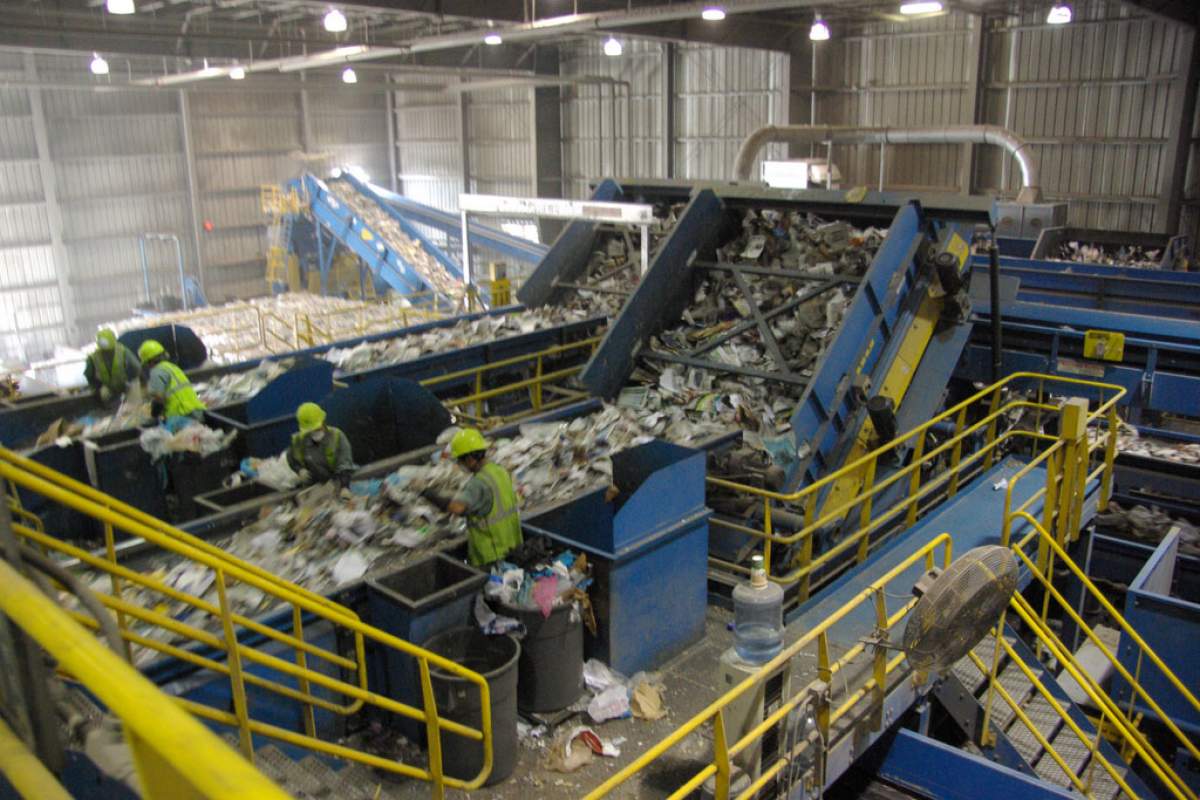
You know, I‘ve always tried to be good about washing out my recyclables before putting them in the bin. A lot of what I recycle has caked-on food that could become contaminated. But I thought to myself, "All that washing must waste so many gallons of water and electricity too." Are squeaky clean bottles and cans actually better for recycling?
So, I did some research and I found out that washing my recyclables wasn't as helpful as I thought it was. Recycling centers are well equipped to handle dirty aluminum, plastics, and glass, but every site is different. So, when in doubt, ask the workers at your local center.
Filthy Pizza Boxes
Well, then I thought about all the containers with food scraps, as well as my soiled pizza boxes. It seems like those items might attract foul molds, and host some pretty nasty bacteria growths. A few contaminated items can quickly infest an entire collection and really hinder the whole process.
A small streak of tomato sauce, or even a lime wedge stuck inside a bottle are easy to handle. A few specks on cardboard are no big concern, but stained boxes will need to be trashed.
Cans, Tins, Lids
Facilities flush plastics with water and burn off residue from cans, tins, and lids when they melt metals down. But filthy items do call for more time and effort to purify. The extra steps ultimately result in a lower market value for those items.
That‘s why it‘s best to reduce how much we use products that need to be recycled in the first place. We can help limit the major environmental impact of production, which is the primary cause of pollution linked to plastics, metals, and glass. Plus, if we buy less, then we clean less, too.
If you want to keep thinking about recycling and pollution, we recently discussed the environmental impact that microwaves have on the environment.
Sources And Further Reading:
- Cyprus, Jenna. "How Clean Must Your Recyclables Be?" Earth911.com. May 25, 2017. Accessed July 10, 2018.
- Simmons, Daisy. "Myth: You Must Rinse All Recyclables, Or Else!" Ecomyths.org. October 20, 2013. Accessed July 10, 2018.









